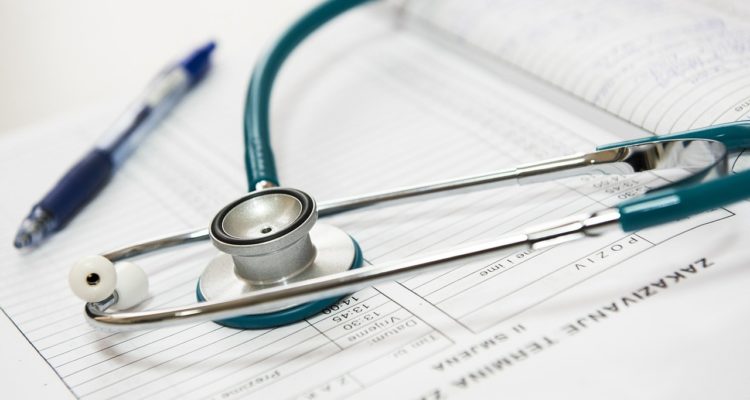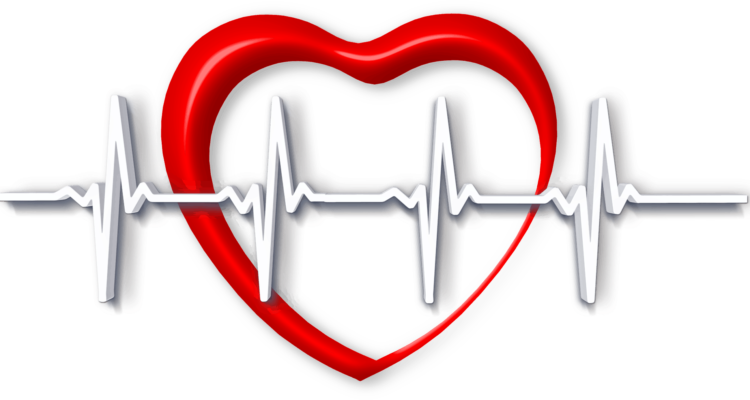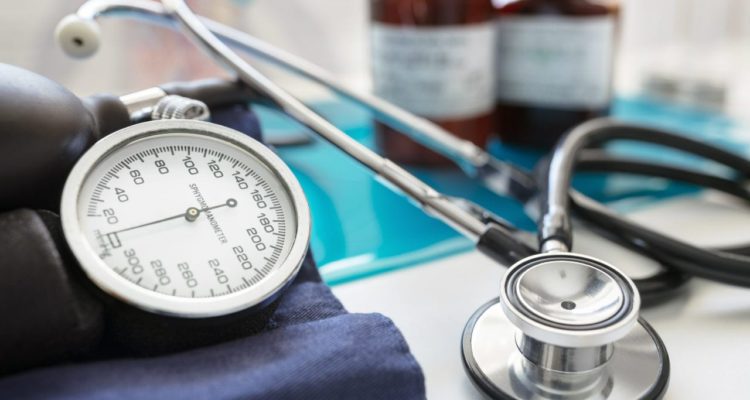
Recently the American College of Cardiology (ACC) came out with new guidelines for hypertension management. The guidelines are more aggressive than the current JNC-8 guidelines by the Joint National Committee on health. Many primary care doctors are still using even older guidelines although some are adapting to the newer ones. There exists some controversy over the newest guidelines and adoption has not been universal across medical communities. I think both guidelines have merit. Therefore, it is up to the doctors to educate their patients about the recommendations so a more informed decision on their treatment can be made by the patient with their doctor.
The Joint National Committee’s newest guideline was based on metanalysis of 5 large blood pressure trials and is more comprehensive in selecting a course of treatment. The new ACC guidelines were based on a 5-year study of about 9,500 people age 50 and up called the SPRINT study and just deals with how to measure blood pressure, what level to start treatment and the goal of treatment.
ACC guidelines are as follows:
- Normal: Less than 120/80 mm Hg.
- Elevated: Systolic between 120-129 and diastolic less than 80;
- Stage 1: Systolic between 130-139 or diastolic between 80-89;
- Stage 2: Systolic at least 140 or diastolic at least 90 mm Hg;
- Hypertensive crisis: Systolic over 180 and/or diastolic over 120, with patients needing changes in medication if there are no other indications of problems, or immediate hospitalization if there are signs of organ damage.
JNC-8 guidelines are as follows:
- Normal: Less than 120/80 mm Hg.
- Prehypertension: Systolic between 120-139 or diastolic less than 80;
- Stage 1: Systolic between 140-159 or diastolic between 90-99;
- Stage 2: Systolic at least 160 or diastolic 100 mm Hg or greater.
The ACC more aggressive guidelines increase the number of patients with high blood pressure to almost half of the United States adult population (46 percent) and goal of treatment is to lower blood pressure to 130/80 mm Hg in most patients on treatment. The JCN-8 goal of treatment is to lower blood pressure below 140/90 mm Hg unless they have certain conditions in which it would be 130/80 mm Hg. However, the ACC guidelines for treatment with medications is at the Stage 2 threshold unless the person has suffered a heart attack, stroke or is at higher risk then start medication for Stage 1. The JCN-8 initiates treatment similarly but has a threshold for initiating medicine of 150 mm Hg systolic for people older than 60 if they are not at higher risk.
Bottom line is that although the numbers are a little different for diagnosing high blood pressure, the guidelines are similar in when to initiate treatment with medication with a lower treatment goal with the ACC recommendations.
Diet and lifestyle therapy are recommended for all categories in both guidelines. Patients who initiate and comply with the nonpharmacological treatment typically can lower their blood pressure substantially and in fact lower than any one medication can do!
Nonpharmacological treatment includes:
- Lose weight if you are overweight. Dropping 5-10% of your body weight can lower blood pressure 5-10 points.
- Exercise regularly with a goal of 150 minutes a week. This can lower blood pressure 5-8 points.
- Eat healthy. A DASH or Mediterranean diet can lower blood pressure up to 10 points by getting more potassium rich foods, less salt and more fruits and vegetables.
- Break any nicotine habit such as smoking or vaping.
- Moderate your alcohol. Alcohol can have positive and negative effects on blood pressure. 2 drinks for men and 1 drink for women can lower blood pressure a few points but more than that can increase your blood pressure and cholesterol. I do not endorse drinking alcohol for blood pressure treatment but if you do drink and do so in a healthy way then I can toast to that.
What about stress? It is more about the way you react to stress that affects your health. If you do so negatively by smoking, drinking too much alcohol, not sleeping enough, overeating and not exercising then stress will have a negative impact on your blood pressure and health. If you do the reverse, then stress can be better managed and a positive on your health. Choose wisely.
And caffeine? For most people caffeine plays minimal role in their blood pressure and the effect is mostly temporarily. If one goes from a high caffeine diet to low caffeine the blood pressure may lower for a few weeks but then typically goes back to a preset baseline. Recent studies have shown coffee drinking may lower heart risk so until further evidence you can keep the 1-2 cup of Joe habit.
For a good video on the new guidelines from the ACC, click here.


